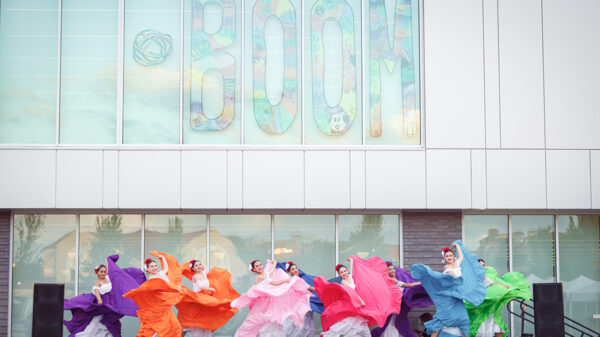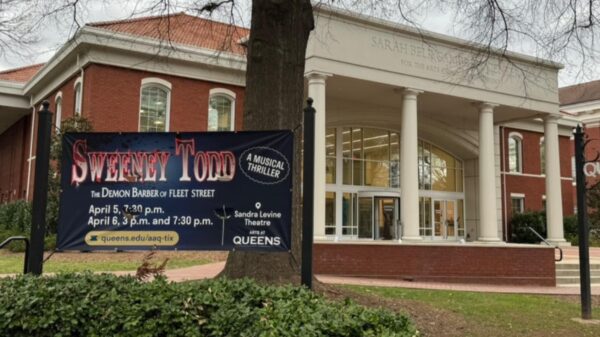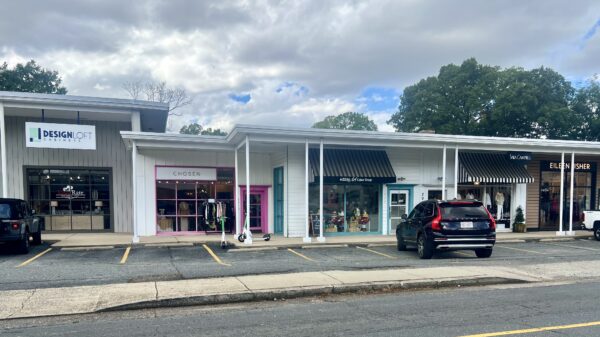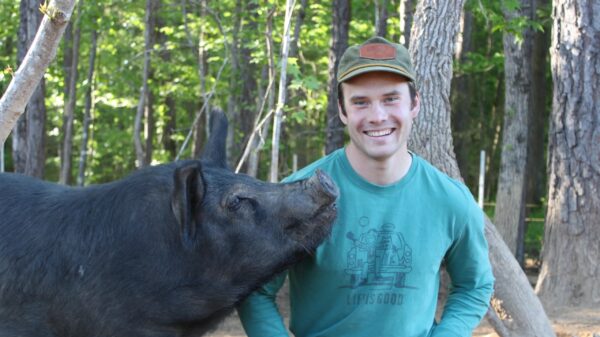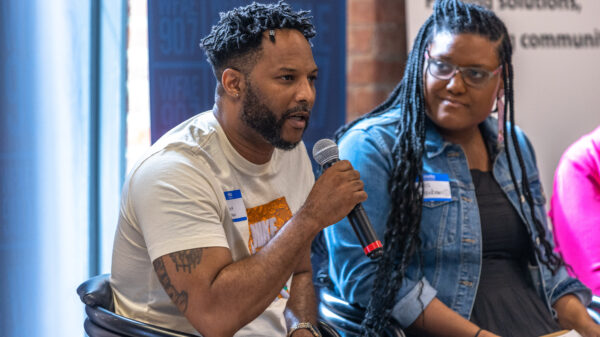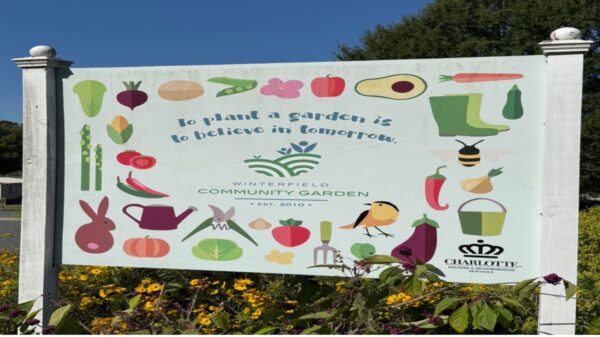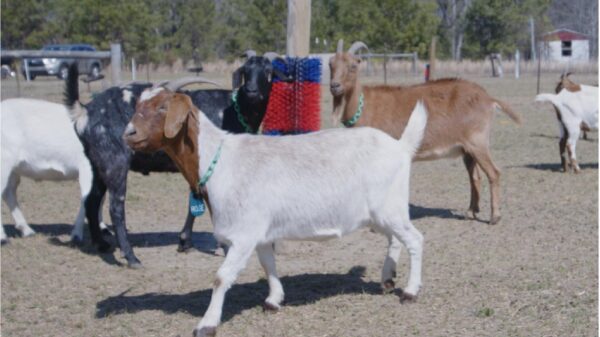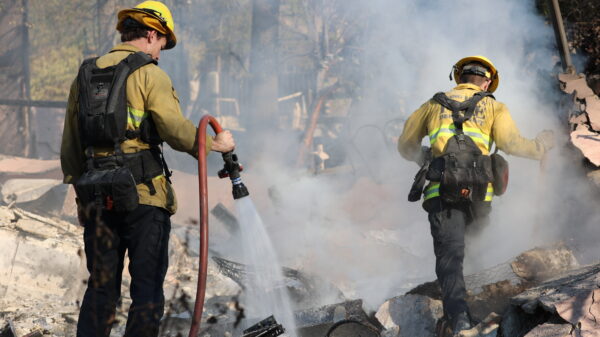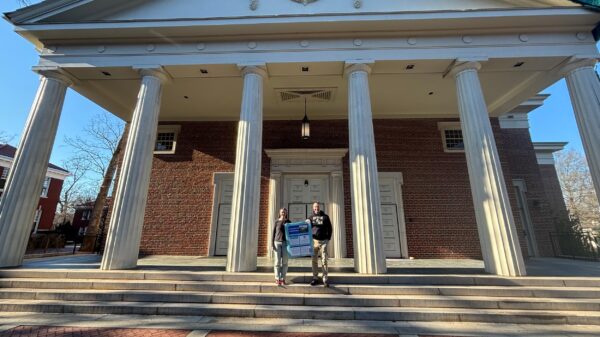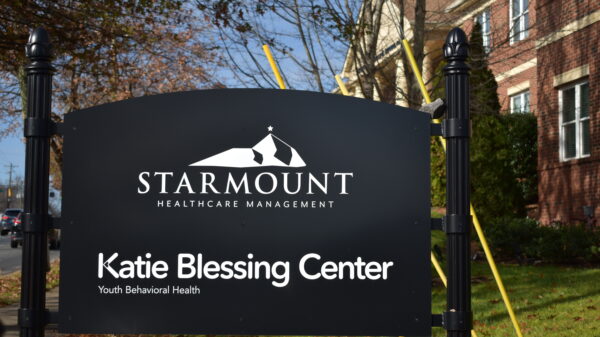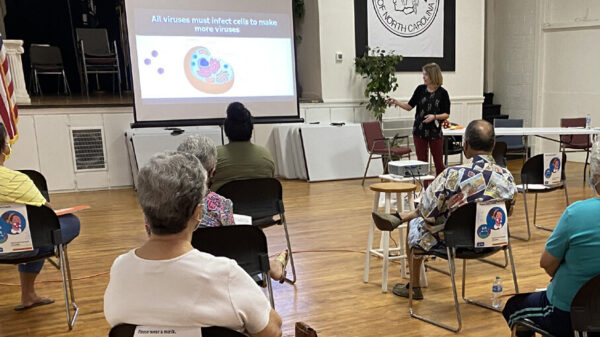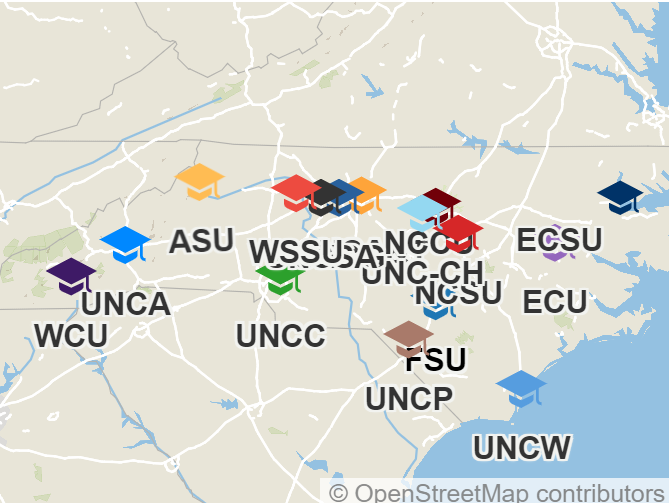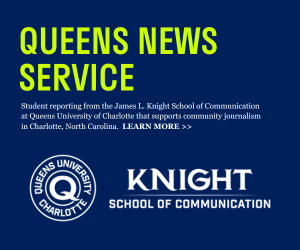Full-time undergraduate enrollment in the University of North Carolina System remained virtually flat from fall 2019 to fall 2020, as COVID-19 changed students’ plans and the universities’ financial situations.
Enrollment increased just .12%, the smallest increase in the past five years, according to an analysis of UNC System data by the Queens University News Service. The slowdown caused financial stress for schools and strongly affected students’ college experience.
Nationally, there was a 6.8% decline of high school graduates attending college immediately after graduating high school last fall, according to the National Student Clearinghouse, a national research organization that tracks student enrollment.
The flattening of enrollment within the UNC System was caused by the COVID-19 pandemic, which forced many universities to switch to an alternate learning style. In many cases, this included hybrid and fully online courses.
Many students decided to defer their admission because of the strict measures and policies enforced on college campuses.
Becca Segal, a 19-year-old from Raleigh and a 2020 high school graduate, deferred her acceptance and full-tuition scholarship to the University of North Carolina at Chapel Hill, and took a gap year. Her decision was greatly impacted by a conversation where she learned of strict campus policies.
“I was on the phone with an advisor about two weeks before the semester started,” Segal said. “The thing I most vividly remember her telling me is that the library would be closed, and for some reason, that just really stuck out to me because I envisioned my first year going to games, going to the dining hall— all the classic stuff.
“When she said libraries would be closed or restricted, it was to me representative of what my year would look like, and how it wouldn’t look like the freshman year I pictured for myself,” she said.
Segal has since road-tripped across the country with friends — she says she did it in a socially distant, responsible manner — volunteered in Costa Rica, and is now preparing to study abroad in Spain before she starts at UNC-Chapel Hill this coming fall.
Other incoming students seem to have taken a similar route as Segal, data show. Ten of the 16 schools within the UNC system had a decrease in full-time, degree-seeking undergraduate enrollment between fall 2019 and fall 2020, according to the analysis.
The universities with the most significant drop in enrollment rates were:
UNC-Asheville, decreasing 4.34% to 3,017 students
UNC-Greensboro, decreasing 3.13% to 14,650 students
UNC-Wilmington, decreasing 1.69% to 13,181 students
UNC-Charlotte saw the fourth biggest rise in enrollment from 2019-20, data shows. Full-time undergraduate enrollment there increased .93%, behind Elizabeth City State University, Appalachian State University and North Carolina State University.
Elizabeth City saw an 8.5% increase, which university officials attributed to a focus on community college transfer students, military programs, and the NC Promise program. At Elizabeth City, Western Carolina, and UNC-Pembroke, NC Promise sets tuition at $500 per semester.
But even officials at schools that experienced a slight increase in enrollment rates said the numbers didn’t reach their projected enrollment expectations because of the pandemic.
Phil Cauley, associate vice chancellor for undergraduate enrollment at Western Carolina University (WCU) said the school had previously been on the trajectory of growing roughly 3 percent per year.
“We had an increase in fall of 2020, but it didn’t really tell the story because it was just an ever so slight increase,” Cauley said.
This spring, total enrollment at WCU decreased 1.31% from spring of 2020.
“We were hoping that we wouldn’t melt as much as we did with first-year students,” Cauley said. “While we expected [COVID-19] to have an impact, we weren’t sure how much and we probably didn’t think it would hit to the magnitude that it did.”
However, WCU and other universities are attempting to combat this decline through a variety of outreach methods, both virtually and in-person.
“In terms of things we are doing to ensure students have the opportunity to learn about us and potentially enroll, we are doing campus-based events, campus tours, and trying to do as much virtual connection with students as possible,” said Suzi Swartz, senior assistant director of undergraduate admissions.
While undergraduate enrollment declined, the UNC System saw a 4% increase in full-time graduate enrollment, the largest increase since 2015. Twelve of the 16 universities within the UNC System experienced an increase in graduate enrollment from fall 2019 to fall 2020.
“It is common to see an increase in graduate enrollment when there is a recession,” Todd Sedmark, corporate communications manager of Student Clearinghouse, wrote in an email.
In addition to enrollment rate fluctuations, some returning students felt the difficulty of learning through online platforms, and needed a break.
Leyla Nadimi, a rising senior at North Carolina State University, said COVID-19 has taken away her college experience, and though she has more free time, it was not the experience she hoped for. Although she plans to return in the fall for her last semester, she said that she would need to take a break from school if she furthered her education.
NC State University had the third largest increase in enrollment in the UNC System at 1.81%. But this is the smallest increase the university has seen in the past four years.
“I didn’t plan to continue even before COVID, but I think even if I did want to continue school I would definitely need a break,” said Nadimi. “I would definitely take a semester off.”
University of North Carolina System enrollment changes from 2019-2020
(Scroll over each university icon to see percentage changes)
<iframe title=”University of North Carolina System enrollment changes from 2019-2020. ” aria-label=”chart” id=”datawrapper-chart-4DmaJ” src=”https://datawrapper.dwcdn.net/4DmaJ/1/” scrolling=”no” frameborder=”0″ style=”width: 0; min-width: 100% !important; border: none;” height=”506″></iframe><script type=”text/javascript”>!function(){“use strict”;window.addEventListener(“message”,(function(a){if(void 0!==a.data[“datawrapper-height”])for(var e in a.data[“datawrapper-height”]){var t=document.getElementById(“datawrapper-chart-“+e)||document.querySelector(“iframe[src*='”+e+”‘]”);t&&(t.style.height=a.data[“datawrapper-height”][e]+”px”)}}))}();
Mona Dougani, Jordan Grantz, and Grace Wesoly are students in the James L. Knight School of Communication at Queens University of Charlotte, which provides the news service in support of local community news.

Mona Dougani
Former Managing Editor

Grace Wesoly
Reporter
Grace Wesoly of Greensboro, North Carolina, is a 2022 graduate of the James L. Knight School of Communication at Queens University of Charlotte. Grace was a Knight summer scholar with the news service in 2021, and also competed as an athlete on the Queens softball team.

Jordan Grantz
Reporter
</script>


